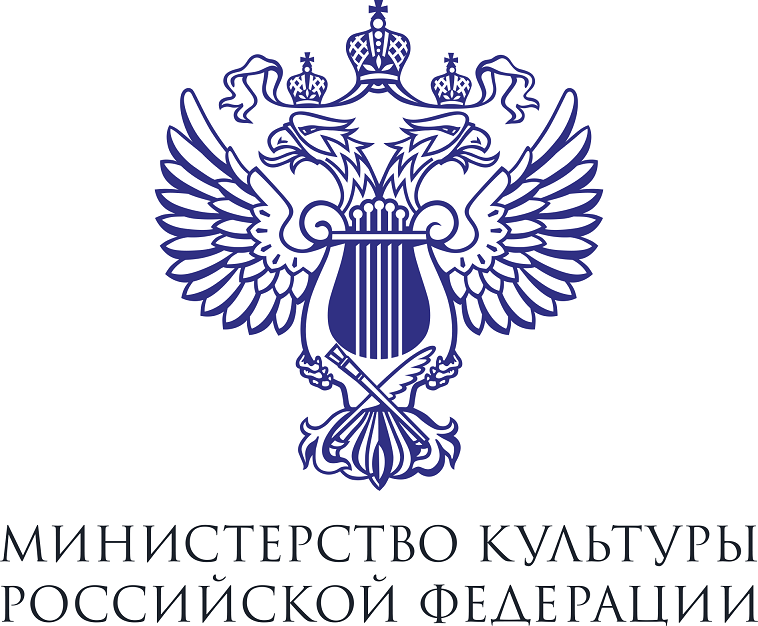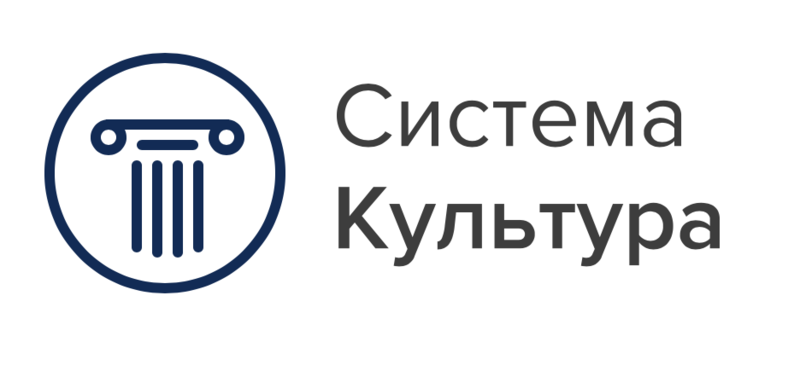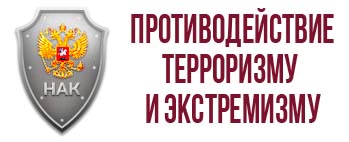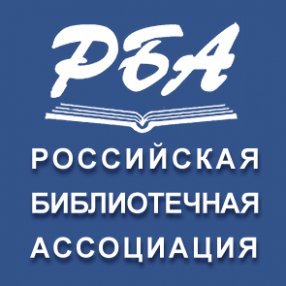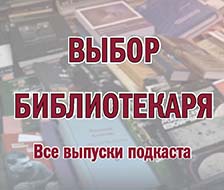Mikhoels Readings is held in the Russian State Art Library (RSAL) every two years and provides a platform for studying the issues facing national theatres. Theatres of ethnic minorities, national autonomies, and theatre troupes of diasporas are objects of historical research and scholarly reflection at this conference. Mikhoels Readings present discoveries that are important for the modern multinational world.
This year, for the first time, Mikhoels Readings was held both offline and online. In her opening remarks, RSAL Director Ada Kolganova stressed the uniqueness of the conference, the subject of which is various documentary sources related to the theatre: library, archival, museum, and theatre collections.
The Readings were opened by art historian Irina Goryunova, who presented a documentary, in many respects musical, excursion into the life and work of the recently deceased famous composer, conductor, public figure, People’s Artist of the Russian Federation Mikhail Gluz, founder and director of the Solomon Mikhoels International Cultural Centre. In previous years, Mikhail Gluz took an active part in the Mikhoels Readings.
The conference continued with speeches by both Russian and foreign participants. Owing to this year’s circumstances, those located abroad participated online. Specialists from Germany, Greece, Israel, Canada, Latvia, the Republic of Moldova, the USA, Ukraine, and Estonia were in contact with RSAL. Most of the speeches were accompanied by presentations.
Lead researcher of the State Institute of Art History Elena Strutinskaya discussed the stage architecture of Isaac Rabinovich at Moscow State Yiddish Theatre (GOSET) and the Moscow Art Theatre (MXAT) in the early 1920s.
Inna Gerasimova, PhD Historical Sciences, from Germany summed up the results of her research on the history of the puppet theatre of Eastern European Jews.
A regular participant of the conference, Vasili Schedrin from Canada, together with New York actor and director Roman Freud, introduced a new project—the production of the play The Adventures of Solomon, or Singing Windmills, dedicated to Mikhoels, which should premiere in early March.
The contemporary Mikhail Chekhov Riga Russian Theatre was discussed by its artistic director, Sergey Golomazov.
Violetta Gudkova, DSc Art History, a well-known Mikhail Bulgakov researcher, presented her study of Bulgakov’s plays staged in the 1920s and 1930s on the stages of national theatres.
For the first time, the Greek archaeologist and art historian from the Aristotle University of Thessaloniki Ioanna Thomou took part in Mikhoels Readings. Her report ‘The Theatre of the Interwar Period in Greece. Influences from the Catastrophe of Asia Minor and Political Consequences’ expanded the geography of research.
The report by St Petersburg State University instructor Maxim Gudkov introduced the original productions of the later plays by Maxim Gorky Egor Bulychev and Others and Reaching in the New York’s Artef Theater.
Excursions into history were supplemented by contemporary studies of national theatres. For example, Ekaterina Morozova, Senior Researcher at the State Institute of Art History, presented a report on the features of the stage language of modern theatres, e.g., in regions with a predominantly Muslim population and in the Caucasus.
For the first time, Tanzila Chabieva, researcher at the Miklouho-Maclay Institute of Ethnology and Anthropology of the Russian Academy of Sciences, discussed the Ingush National Theatre, whose fate is inextricably linked with the difficult history of one of the smallest ethnic groups of the Russian Federation.
In two days, 27 reports were presented revealing unknown and little-known pages of theatre history—the Polish Theatre in Kyiv in the early 1930s; the Moldovan National Theatre in the 1950s–70s; Jewish theatre life in Latvia and Estonia in the 1920s; and the dramatic censorship of plays in the languages of the peoples inhabiting the Russian Empire. The Internet portal ‘Theatre Museums and Archives of Russia and the Russian Diaspora’ prepared by the A.A. Bakhrushin State Central Theatre Museum, and a review of pre-revolutionary Russia periodicals devoted to the issues of national theatres were presented.
The 12th International Mikhoels Readings illustrated the importance of documenting theatre heritage, the development of theatre source studies, and its modern resources. The discussion in RSAL brought together book scholars; theatre experts; culturologists; philologists; historians; publishers; and specialists of libraries, museums, archives, and institutes. Following the results of the conference, a special collection will be published, which will provide an opportunity to become acquainted in depth with the reports of the participants.
A gift to participants of the Readings was the exhibition of contemporary graphic artists Mikhail Morgenstern and Julia Shulman, ‘Israel: Other Subjects’, prepared jointly with the Embassy of the State of Israel in the Russian Federation. The opening of the exhibition was attended by the Attaché for Culture and Science, the First Secretary of the Embassy of Israel Yana Kotlyar-Gal, Curator of the exhibition Irina Gershman, and the artist Julia Shulman, who specially flew from Israel. The work of immigrants from Russia Mikhail Morgenstern and Julia Shulman returned to the walls of ‘Teatralka’, to the visual arts collection, where both artists had worked as students.
The conference can be viewed on the RSAL’s YouTube channel.



